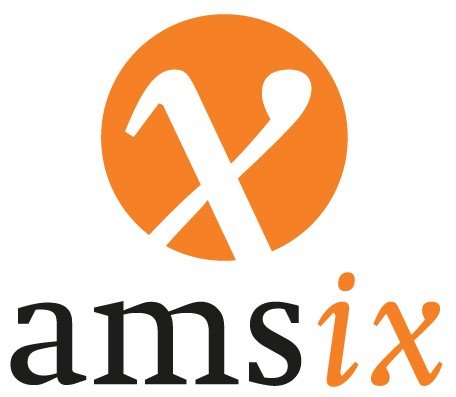PRESS RELEASE: EuroISPA Calls for Robust Regulatory Digital Framework for the EU and a Timely Decision on the Digital Services Act
Brussels, 12 November 2021 – EuroISPA, the pan-European association of Internet Services Providers Associations, co-signed a letter calling on the European Parliament to develop a robust regulatory digital framework for the EU with the Digital Services Act (DSA), as part of a broader coalition of leading start-ups and SMEs, alongside technology, advertising, and media organisations of different sizes.
The letter highlights the key areas the signatories believe should be focused on in order to ensure a timely co-legislative process, which will be crucial to strengthening the EU internal market. The letter comes in light of the upcoming Internal Market and Consumer Affairs Committee (IMCO) vote on the matter and notes the need to:
- Maintain the horizontal approach of the Digital Services Act
- Preserve and build on the cornerstones of the e-Commerce Directive
- Build a workable, balanced, future-proof Regulation
- Ensure consistency with the EU’s existing legal framework
Alexandra Laffitte, President of EuroISPA, commented: “EuroISPA is in a unique position to represent the needs of European Internet Services Providers, so we feel it is particularly crucial to highlight that the DSA should maintain the e-Commerce Directive principles at its core while remaining horizontal in its scope; it should not address issues that are best left to specific, vertical legislation. Along with our fellow signatories, we hope that this letter will emphasise our willingness to bring expertise to the discussions at any point and that it will help policy makers tackle the DSA in a timely and relevant manner.”
EuroISPA represents over 2,000 Internet Service Providers of all sizes across Europe and is an advocate for the needs of the wider internet industry. The Association aims to ensure that policymakers are aware of the needs of EuroISPA’s members in order to make informed decisions.
Read the letter in full here:

